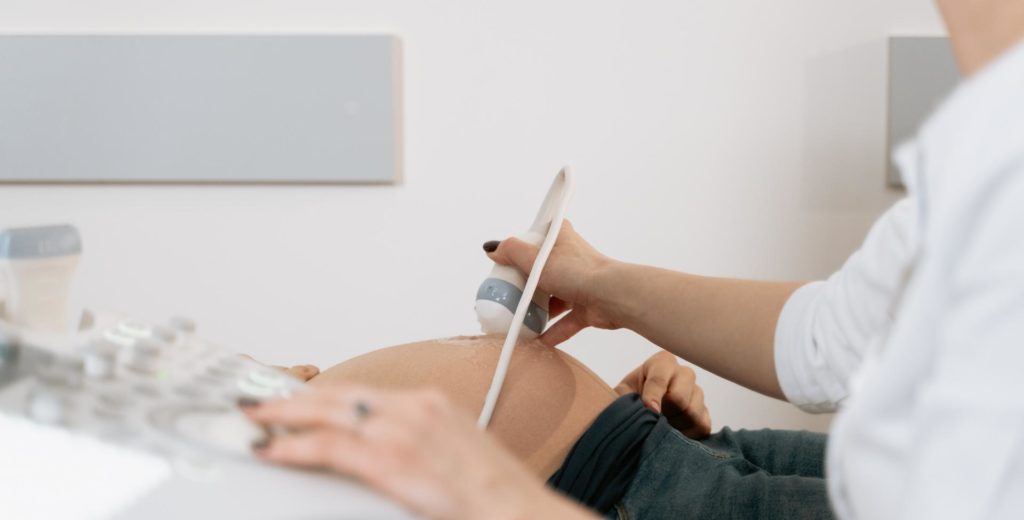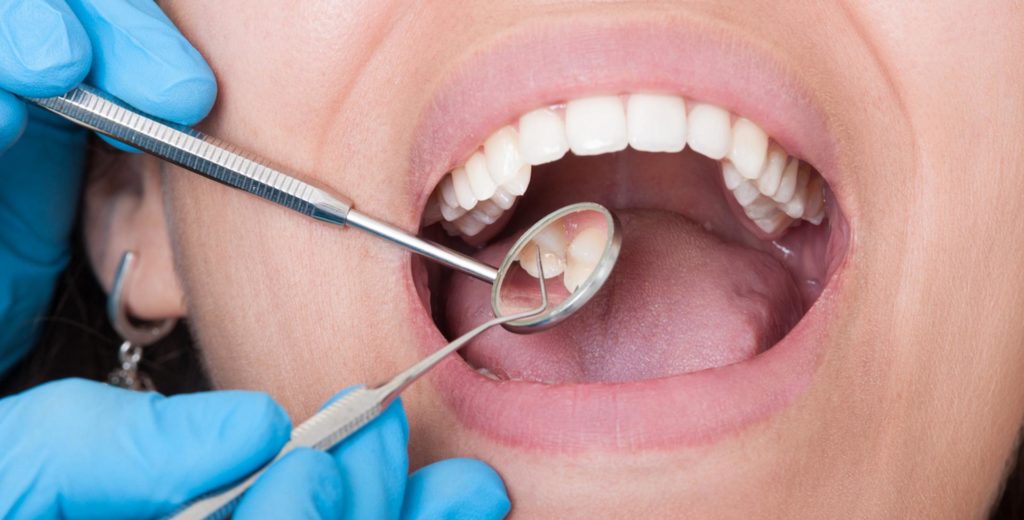Congratulations on your pregnancy! As you prepare for the arrival of your little one, looking after and prioritising your health and well-being is crucial. Routine pregnancy scans are one of the most essential aspects of a healthy pregnancy. In this post, we’ll discuss the importance of pregnancy scans, what they can detect, and how they can contribute to the health of your pregnancy.
Why Routine Pregnancy Scans Are Important
Also known as prenatal ultrasounds, pregnancy scans are an important step in monitoring your baby’s growth and development. During the scan, a healthcare provider will use high-frequency sound waves that create images of your baby in the womb. This can provide them and you with valuable information regarding your baby’s health including their size, position, and development. Pregnancy scans are offered on the NHS at certain stages of development. Additional private scans such as early check scans or 3D scans can be booked through a private pregnancy clinic London.
Identifying Issues
Regular pregnancy scans are essential for detecting any potential problems that might arise during your pregnancy. When these issues are identified as early as possible, your midwife and other healthcare providers can take the best measures to manage them and ensure that you and your baby have the best possible outcome.
What Can A Pregnancy Scan Detect?
Pregnancy scans can detect a range of issues that might affect your pregnancy. Some of the main things that your healthcare provider will be looking for during a scan include:
- Foetal Abnormalities: Pregnancy scans can detect conditions or physical abnormalities that might impact your baby’s development such as heart defects, spina bifida, cleft lip, or Down Syndrome.
- Ectopic Pregnancy: This kind of pregnancy occurs when a fertilised egg is implanted outside of the uterus, typically in the fallopian tube. A pregnancy scan will detect if this has happened and allow healthcare providers to take immediate action to prevent any serious complications.
- Multiple Pregnancies: A pregnancy scan can detect if you are pregnant with multiples, such as twins or triplets. Knowing this information as early as possible is essential for monitoring the growth and development of each baby and planning the best possible delivery.
- Placenta Previa: This condition occurs when the placenta covers the cervix and blocks the baby from passing through to be born. A pregnancy scan will help detect this condition and allow you and your healthcare providers to put a plan in place for a safe delivery.
- Preterm Labour: A pregnancy scan can detect changes in your cervix that may indicate preterm labour. By identifying this issue as early as possible, you can work with your healthcare providers to manage it and prevent a premature delivery.
When To Have Pregnancy Scans
Your midwife and doctor will inform you of the best time to go for pregnancy scans. In general, you can expect to have at least one scan per trimester of your pregnancy. Additional scans may be recommended to monitor your baby’s growth and position. It’s important to attend all scheduled scans to ensure that best possible outcome for yourself and your baby.
Pregnancy scans are not only a way to see your little one before they arrive. They are also crucial for monitoring your baby’s health, development, and growth, to get the best possible outcome.



